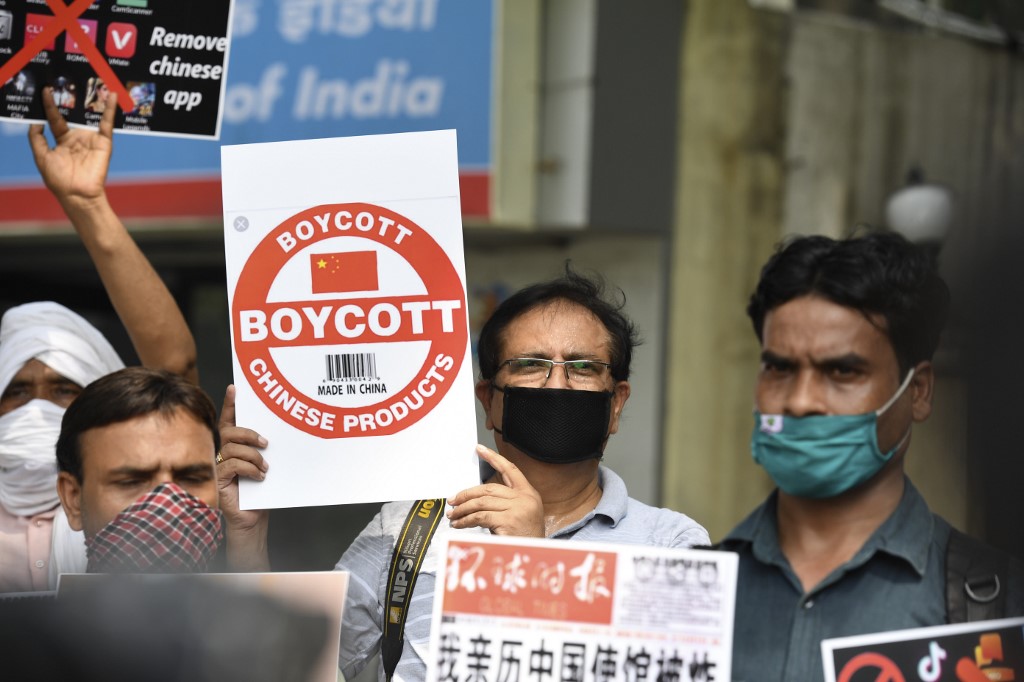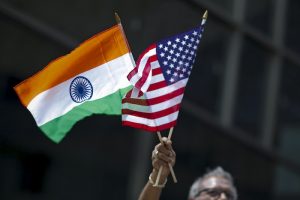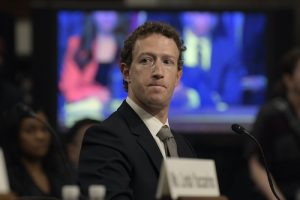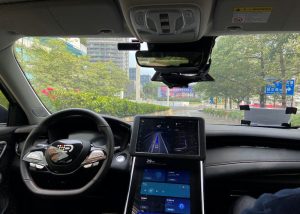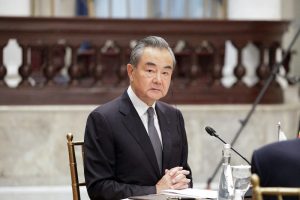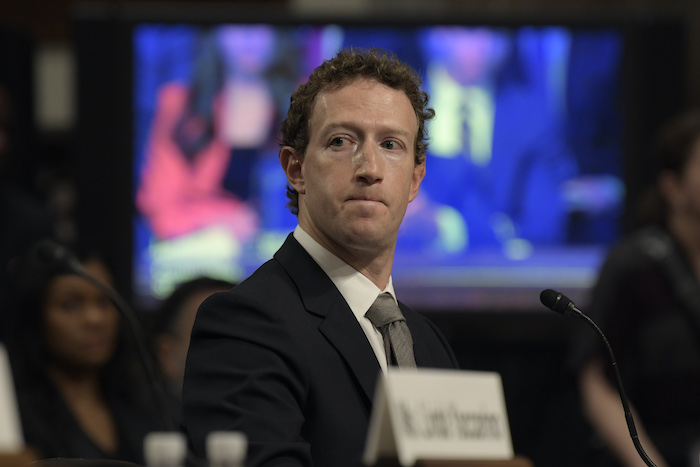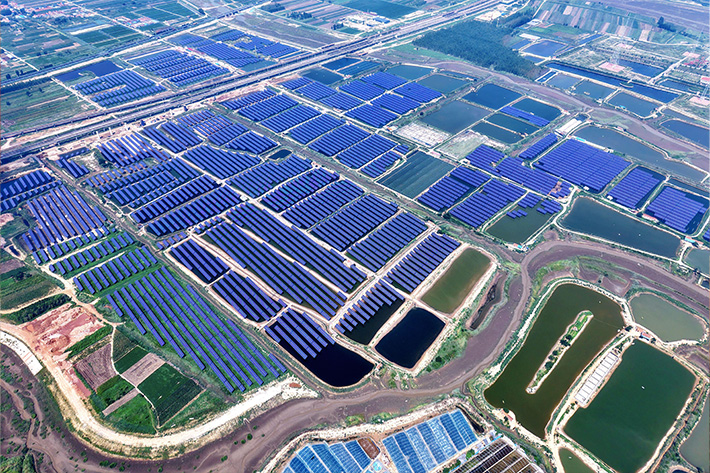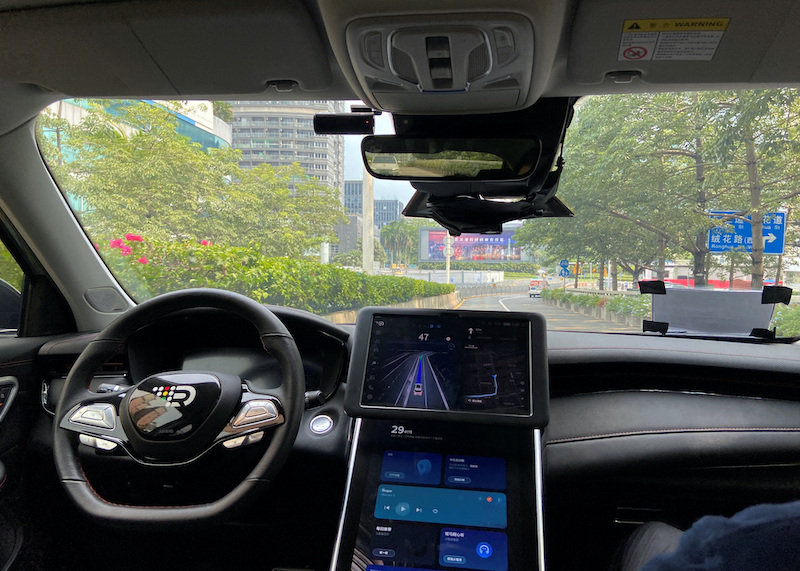(ATF) India’s electronics and pharmaceutical companies, plus local tech startups, could be the sectors hardest hit by the apparent breakdown in trade relations with China, a bilateral trade analyst says.
Indian politicians and business groups have called for a crackdown on dealings with Chinese companies following the deadly confrontation on the night of June 15, when 20 Indian troops were killed by the PLA on the disputed border in Ladakh. The Chinese were also said to have suffered casualties but Beijing has kept that information secret.
China claims Indian soldiers entered its territory. But Delhi is upset at the brutal slaying of its troops and China’s refusal to vacate land it “encroached upon”. So India has initiated measures to reduce business and economic dealings with its giant neighbour.
Radhika Rao, an economist with DBS, said China displaced the European Union as India’s biggest import partner six years ago. Last year, imports from China stood at US$65 billion, which was 14% of India’s total imports (up from a 6.5% share in the 2010 fiscal year). If Hong Kong is included, the share is 18%.
“India’s imports from China are heavy on manufactured items, particularly electronics and electrical equipment alongside organic chemicals,” Rao said.
“Primary and intermediate products make up bulk of India’s shipments to China including seafood, cotton, organic chemicals mineral fuels, amongst others. The smaller weightage of manufactured goods demand by China is consistent with its preference to source raw materials and intermediate goods from its Asian trading partners and complete the value-added process domestically,” she said.
Rao said fresh trade barriers would “pose a sizeable challenge to the manufacturing community”, and listed key sectors likely to be affected – electronics, pharmaceutical, telecoms, solar power, plus high-tech startups supported by Chinese firms.
The electronics sector had a high dependency on imports from China, such as sub-components and intermediate goods to fulfill assembly lines, she said. “In recent quarters, the market share of Chinese smartphone brands has risen from 55% in 1Q19 to 73% in 1Q20, outpacing South Korean Samsung and US’ Apple.”
Pharmaceutical drugs, telecoms, startups
Makers of pharmaceutical drugs also relied on “over two-thirds of drug intermediates imported from China”. Indeed, they suffered supply disruptions in the first quarter of this year from goods from China were disrupted by the coronavirus.
“India’s pharma industry is third largest in the world in volume according to industry data, which might be hurt if crucial ingredients used for formulations is disrupted.”
Telecom firms could also be hit and this could impact the rollout of 5G technology. Delhi is yet to clarify its stance on Huawei and ZTE, which have been banned by the US on grounds that they represent a danger to national security. Rao said: “Reports suggest state-owned companies might no longer use 4G telecom gear from China and that private operators might cut their dependence on imported equipment.”
Meanwhile, India’s switch to renewable energy may also suffer, as nearly two-thirds of the solar panels in India come from China. Key automobile components may also be affected if a trade boycott hits component supplies like engine parts, interiors, electrical inputs, tyres, she said.
And if India’s exports to China are effected that could hurt the gems and jewellery trade, plus agri and allied sectors such as fisheries, plus textiles, and petrochemicals, she said.
Chinese investments in Indian tech start-ups was high, she said, via both venture capital and a small presence by domestic technology companies. “According to the Gateway House, nearly two dozen Chinese tech companies and funds, including entrenched names like Alibaba and Tencent etc, have cumulatively funded more than 90 startups.”
India plans to disallow Chinese companies from investing in small and medium-sized businesses, as well as being involved in the construction of highways.
It has also banned 59 Chinese mobile apps alleging “they are engaged in activities which is prejudicial to sovereignty and integrity of India, defence of India, security of state and public order.” This was a blow for ByteDance, which owns TikTok as India is one of its largest markets.
ALSO SEE: India bars Chinese companies from highway projects
China bemused and bewildered by India’s app ban
Large Indian states such as Maharashtra and Uttar Pradesh are also taking steps to stop Chinese companies from bidding for local projects.
The Modi government has said it will help local companies qualify for bidding processes.
Pompeo backs app ban
On Wednesday, US Secretary of State Mike Pompeo applauded India’s sweeping ban on Chinese apps including TikTok, saying New Delhi was ensuring its own security.
“We welcome India’s ban on certain mobile apps that can serve as appendages of the CCP surveillance state,” Pompeo said, referring to the Chinese Communist Party.
“India’s clean app approach will boost India’s sovereignty and will also boost India’s integrity and national security, as the Indian government cell itself has stated,” he said.
Pompeo has been on a campaign, with limited success, to dissuade other nations from embracing Chinese telecom giant Huawei, a leader in fifth-generation internet technology.
With information from AFP




